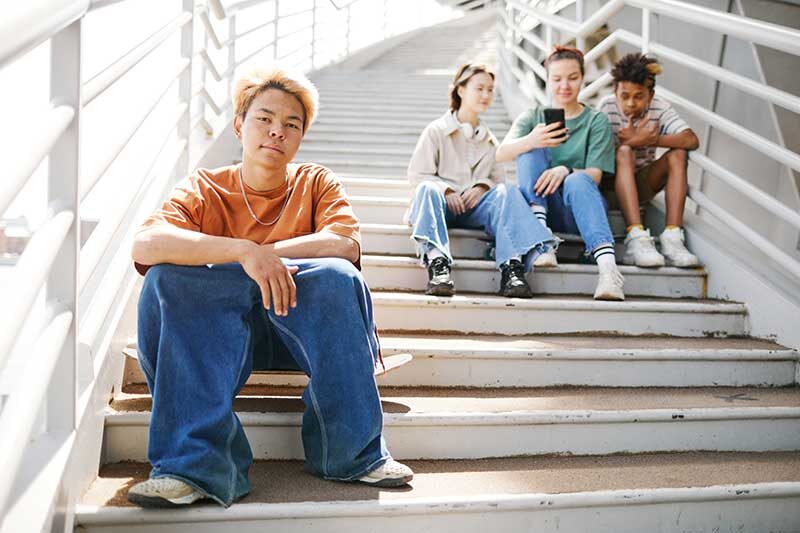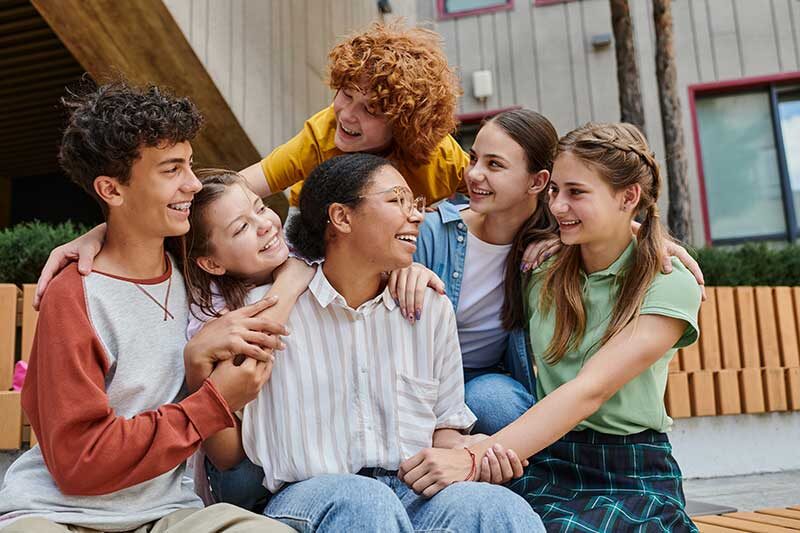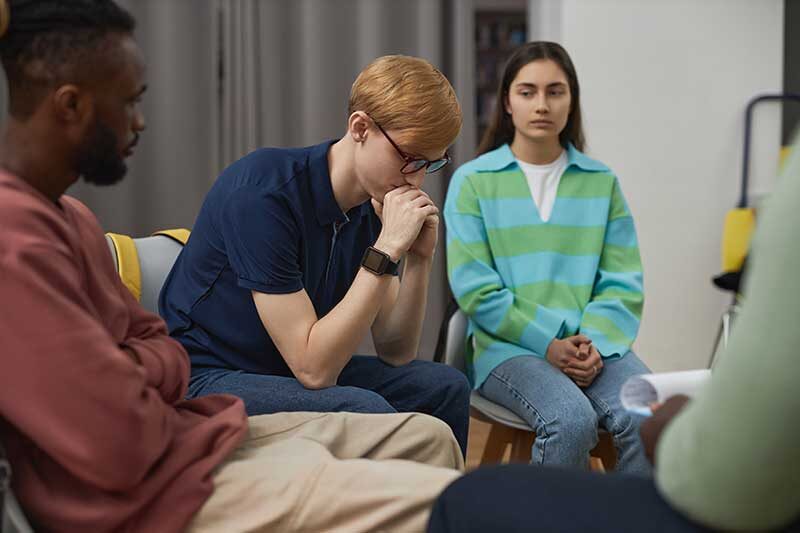Is Your Teenage Son Stressed?
It can be difficult to watch. When your son was younger, his fears were simpler—dentists, monsters, or being alone in the dark. Now he is still your child, but he is also becoming a young man, and his anxiety is more complex. As children move into their teenage years, anxiety often turns inward. Moodiness, irritability, and sudden emotional outbursts are common. Small comments can trigger strong reactions. This is a normal part of development, and with the right support, he will be okay.
Helping Teens Cope
The teenage years bring significant emotional, physical, and social changes as children move toward adulthood. Teens often worry about how they compare to others, especially their peers. Understanding this pressure is the first step in helping them manage it.
One of the most effective ways to help is to encourage your son to talk. Talking helps him organize the thoughts and emotions that may feel overwhelming. What matters most is having someone who listens without judgment.
When he shares his thoughts, he begins to make sense of his feelings. Careful listening allows you to better understand what he needs and how you can support him. Many teens find it easier to talk while doing something physical. Going for a walk together can help—fresh air and steady movement often make conversation feel more natural and less intense.
It is important to acknowledge his fears and anxiety. Even if the situation he worries about never occurs, the emotions he feels are real. Let him know you recognize his anxiety and believe in his ability to handle it. Respond with calmness, empathy, and reassurance. This helps him learn self-compassion and emotional resilience.
Encourage positive self-talk and remind him that asking for help is a strength, not a weakness. No one is meant to face life alone. Reassure him that anxiety is something many people experience and that support is always available. Healthy habits such as adequate sleep, balanced nutrition, physical activity, and mindfulness practices can also make a meaningful difference.
If anxiety persists for a long time or begins to interfere with daily functioning—such as school, relationships, or sleep—it may be appropriate to seek professional support from a school counselor, therapist, or psychologist. Above all, keep communication open. Helping your teen feel heard, understood, and supported reinforces that his feelings matter and that he is not facing them alone.










